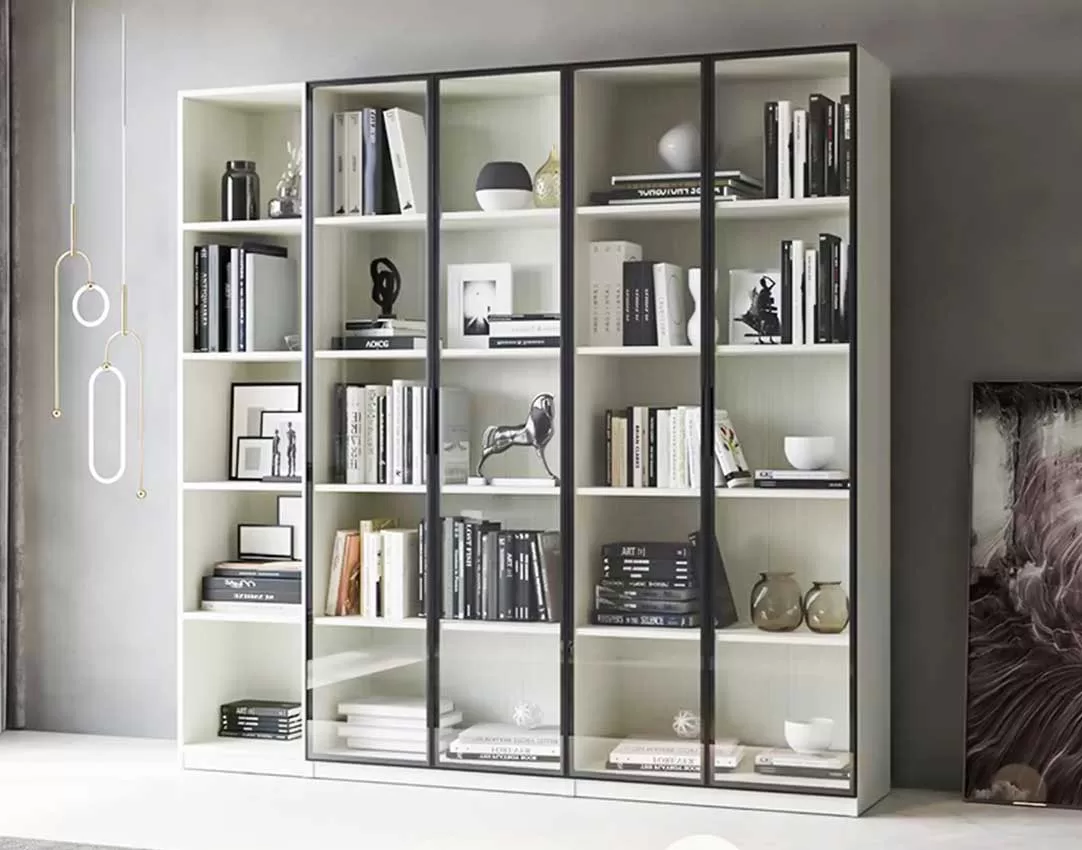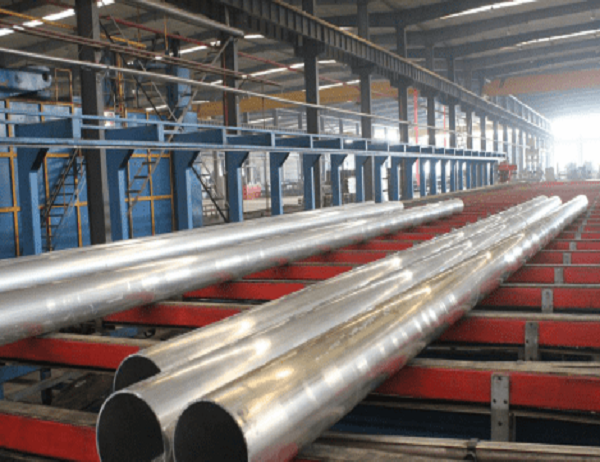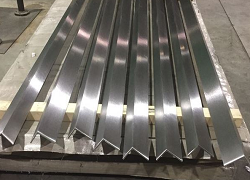In the labyrinthine realm of modern factories, where precision and efficiency reign supreme, the choice of materials for constructing operational frameworks is paramount. Among the contenders, industrial aluminum profiles stand out as a beacon of durability, versatility, and adaptability, offering an array of advantages that elevate factory operations to new heights.
1. Unrivaled Strength and Durability
Industrial aluminum profiles are crafted from high-strength aluminum alloys, imbuing them with an exceptional resistance to wear, impact, and corrosion. This unparalleled resilience ensures that structures built with these profiles can withstand the rigors of harsh industrial environments, minimizing downtime and maintenance costs.
2. Lightweight and Easy to Handle
Despite their strength, industrial aluminum profiles are remarkably lightweight, making them easy to handle and install. This significantly reduces the time and effort required for assembly and reconfiguration, allowing manufacturers to adapt their facilities promptly to changing production needs.
3. Precision and Accuracy
These profiles are extruded with tolerances measured in microns, ensuring precise dimensions and consistent performance. This exactitude facilitates the assembly of complex structures with minimal assembly errors, improving the accuracy and quality of manufacturing processes.
4. Corrosion Resistance
The natural oxide layer that forms on aluminum surfaces provides excellent protection against corrosion, even in harsh environments. This eliminates the need for costly coatings or paint, reducing maintenance frequency and extending the lifespan of factory equipment.
5. Thermal Conductivity
Aluminum’s high thermal conductivity makes it ideal for dissipating heat generated by industrial machinery. Heat sinks constructed from aluminum profiles efficiently transfer heat away from critical components, preventing overheating and ensuring optimal performance.
6. Electrical Conductivity
The electrical conductivity of aluminum profiles makes them suitable for use in electrical applications. This property enables the construction of frames for electrical enclosures, switchboards, and wiring systems, streamlining factory operations and enhancing safety.
7. Flexibility and Versatility
Industrial aluminum profiles come in a wide range of shapes, sizes, and lengths, allowing engineers to design and construct structures tailored to their specific needs. This customization capability empowers manufacturers to create bespoke solutions that enhance productivity and optimize workflows.
Conclusion
From towering frameworks to intricate machine enclosures, industrial aluminum profiles empower factory managers with a transformative material that maximizes efficiency, minimizes maintenance, and facilitates seamless production flows. By embracing the benefits of these exceptional profiles, manufacturers can unlock a world of possibilities and propel their operations to the forefront of industrial innovation.



